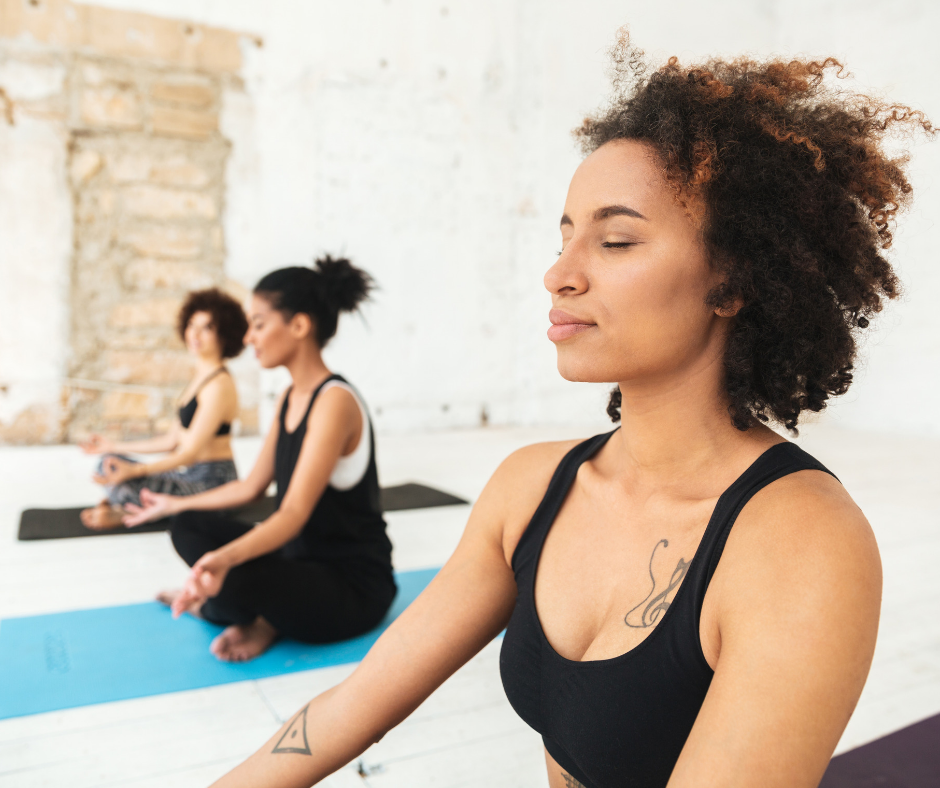What’s This Research About?
Evidence shows that compared to non-Hispanic white women, African American (AA) women have a higher rate of illness and early mortality. One of the causes most likely influencing these health outcomes is chronic stress conditions. Research has shown a connection between socio-cultural context (violent neighborhood), and subsequent quality of health (early mortality).
Complementary alternative medicine (CAM) practices help to combat some of the negative effects of a stressful environment, yet not much of this research has been done with AA’s. There is preliminary evidence that yoga and CAM therapies are effective in certain health factors of AA’s with decreases in blood pressure, and inflammation in early studies.
CAM programs are not largely popular in these communities and there is little research on effective recruitment and promotion of these programs. These researchers wanted to find information and methods that could increase the likelihood of participation. This assesses the attitudes and beliefs about CAM in AA’s in order to implement better recruitment methods to increase involvement in these programs to ultimately improve their health outcomes.

TITLE: “Maybe Black Girls Do Yoga”: A Focus Group Study with Predominantly Low Income African-American Women
PUBLICATION: Complementary Therapies in Medicine
DATE: 2017
AUTHORS : Tenfelde, S., Hatchett, L., Saban, K.
Beliefs about yoga scale: This is an 11 item tool that collects information on people’s beliefs that may influence future participation in yoga. It gathers information on expected health benefits or discomforts about yoga.
Determinant of Meditation Practice Inventory (DMPI): This is a 17 item assessment that measures perceptions and views about meditation. A high score implies a larger barrier to practice. This is used to figure out how to address the needs of a target population to increase recruitment for intervention programs.
Perceived Stressor Scale (PSS): A 10-item questionnaire that measures perception of life stress. It poses questions to subjects to assess how uncontrolled their life feels, how overloaded they feel, and whether they feel that their demands exceed their ability to cope over the last month.

